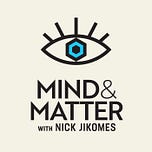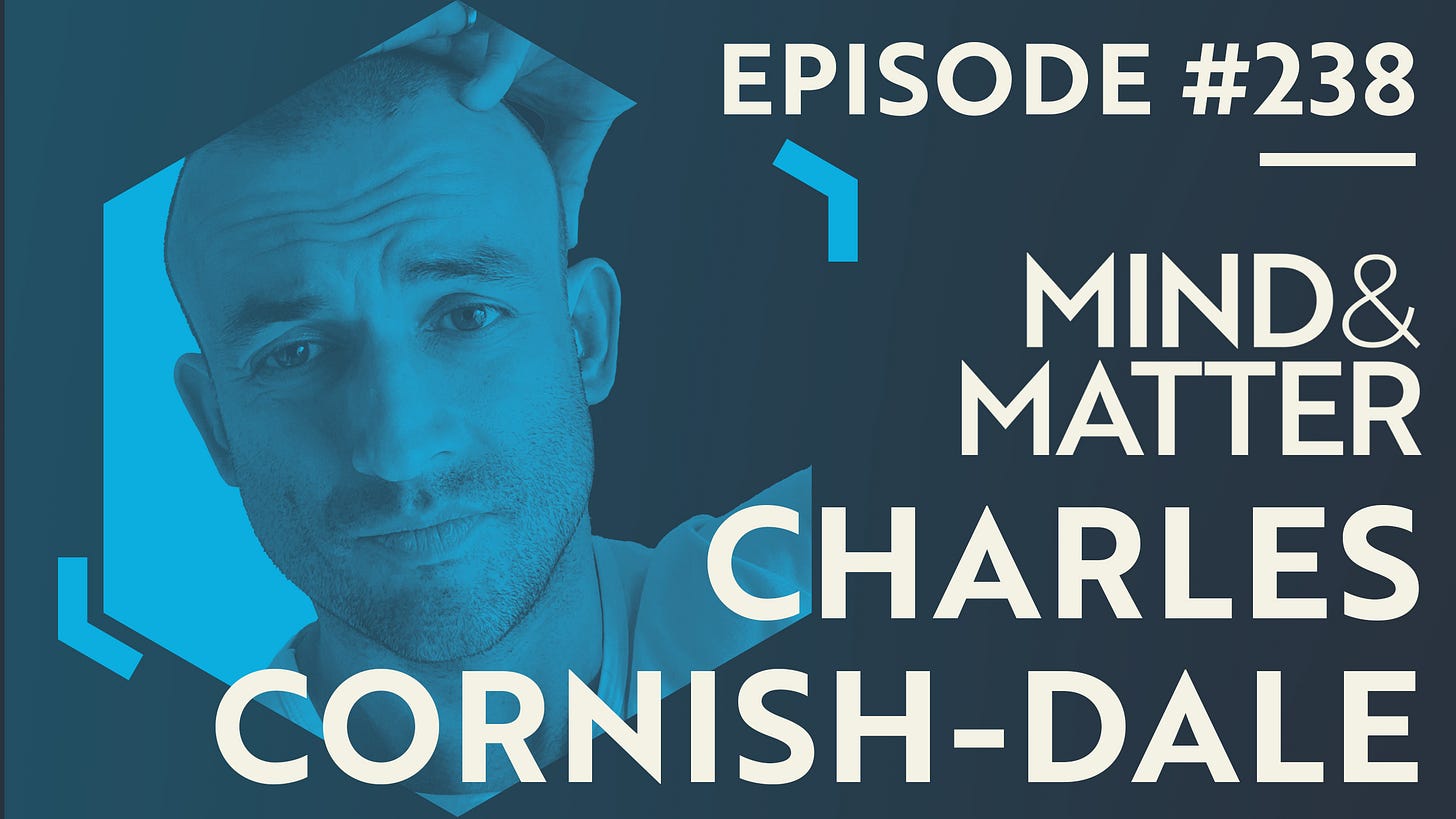Wide release date: July 8, 2025
Episode Summary: Dr. Charles Cornish-Dale discusses the decline of masculinity in modern society, linking it to falling testosterone levels, environmental endocrine disruptors, and the limitations of liberal democracy. Drawing on Francis Fukuyama’s “End of History & the Last Men” and historical perspectives, Cornish-Dale argues that biological and societal factors, including diet and hormonal interventions like birth control, are reshaping male and female behaviors, with profound implications for health and social structures.
About the guest: Charles Cornish-Dale, PhD is a medieval historian and anthropologist with a PhD from Oxford, known as the "raw egg nationalist" for his writings on health, fitness, and masculinity.
Discussion Points:
Thymos & Masculinity: Cornish-Dale uses the ancient Greek concept of thymos, meaning spiritedness, to explain male drives for recognition and distinction, which he ties to testosterone-driven behaviors.
Testosterone Decline: Studies like the Massachusetts Male Aging Study show a ~20% drop in male testosterone levels over 17 years, correlating with reduced reproductive health and social withdrawal.
Endocrine Disruptors: Chemicals in plastics, pesticides, and soy products mimic estrogen, disrupting hormonal balance and potentially causing developmental and behavioral issues.
Diet & Behavior: Historical shifts to grain-based diets, as noted by Plato, and modern plant-based trends may suppress thymos and alter hormonal profiles, impacting societal dynamics.
Hormonal Contraceptives: Birth control can thin the ventromedial prefrontal cortex in women, affecting emotional regulation, especially if taken during teenage years, with potential permanent effects.
Fukuyama’s End of History Framework: Cornish-Dale critiques liberal democracy’s inability to satisfy megalothymia (the desire to be better), contributing to a crisis of purpose for men.
Historical Context: The agricultural revolution led to smaller, sicker populations, possibly due to coerced labor and dietary changes, highlighting diet’s role in shaping biology and behavior.
Related episode:
M&M 193: History of Diet & Food, Population Density & Social Stability, Psychological Pandemics, Physical & Mental Health in Civilizational Cycles
*Not medical advice.
Full video version: [YouTube]
Support M&M if you find value in this content.
Episode transcript below.
Episode Chapters:
00:00:00 Intro
00:01:29 Guest Background & Book Overview
00:03:26 Thymos Concept & Ancient Greeks
00:07:10 Fukuyama & End of History
00:10:23 Crisis of Masculinity & Last Man
00:16:56 Mind-Body Dualism & Western Thought
00:24:33 Testosterone Effects & Misconceptions
00:30:04 Estrogen, Diet & Behavior
00:44:25 Testosterone Decline & Studies
00:51:57 Endocrine Disruptors & Environment
01:01:30 Diet, History & Social Control
01:12:55 Agricultural Revolution & Genetics
01:14:38 Hormonal Contraceptives & Women
01:24:09 William James & War with Nature
01:29:19 Final Thoughts & Biology’s Role
Full AI-generated transcript below. Beware of typos & mistranslations!
Listen to this episode with a 7-day free trial
Subscribe to Mind & Matter to listen to this post and get 7 days of free access to the full post archives.













